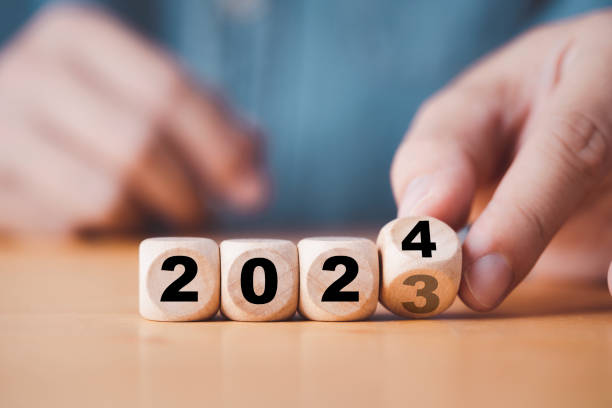India's 2024 general elections, commencing on April 19th, are once again setting the stage for a formidable demonstration of democratic spirit and technological sophistication. With the country's nearly 970 million eligible voters called upon to cast their votes, the role of technology remains pivotal in orchestrating the successful execution of the electoral process.
The colossal task of gathering votes from a populace that exceeds the combined voter base America, Europe and Australia combined is a testament to India's logistical prowess. Around one million polling stations have been meticulously established, ensuring adherence to the rule that no voter should have to travel more than 1.2 miles from their home to vote. This network spans across congested urban landscapes to the most secluded rural locations, bridging distances with an array of transportation means that goes beyond the conventional.
For these elections, authorities will deploy some 5.5 million electronic voting machines (EVMs), facilitating a smoother and more secure voting experience. The initiation of the voting process on April 19th sets into motion a carefully structured six-week electoral period where the seven phases of voting cater to different regions systematically.
EVMs, engineered by public sector units under the Election Commission's guidance, represent a monumental step forward from paper ballots. In addition to mitigating the risk of fraudulent activities that were a concern with paper ballots, EVMs have streamlined the voting process by enabling faster, more efficient counting and reducing the likelihood of human error.
With the integrity of elections at stake, VVPAT systems serve as a critical layer of transparency, allowing voters to verify their cast votes. Initially trialed in 2014 and subsequently mandated for all elections post a 2019 Supreme Court ruling, VVPATs accompany all EVMs, their slips subject to meticulous scrutiny. This ensures that a tangible, auditable paper trail complements the electronic count.
Beyond the palpable benefits such as cost savings and expeditious counting, the use of EVMs has fortified election integrity. These machines, devoid of internet capabilities, stand as bastions against cyber threats while providing a reliable, user-friendly interface for India's diverse voter base.
As the final votes are cast and the polling stations close, the EVMs' stored data awaits the nationwide counting process. Votes will be tabulated and cross-verified with VVPAT slips where necessary, ensuring the sanctity of every single vote. India's Election Commission, armed with hi-tech tools and robust procedures, promises to deliver fair and swift election outcomes.
With the votes poised to be counted in the aftermath of the six-week-long electoral marathon, the world is set to witness not just a political transformation, but a landmark event where technology unites a billion voices in the symphony of democracy.







